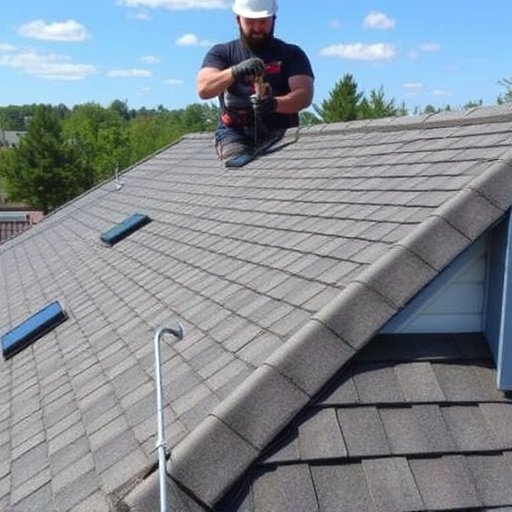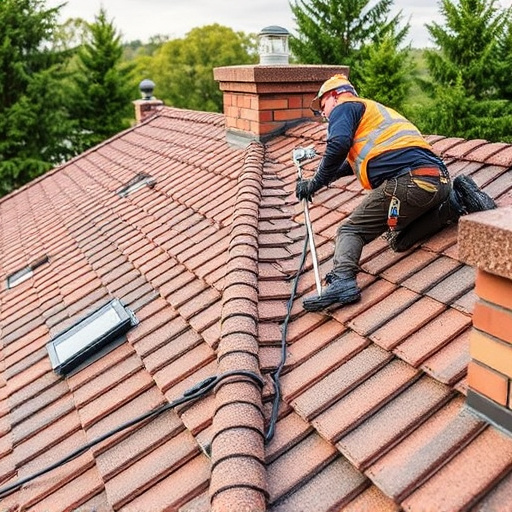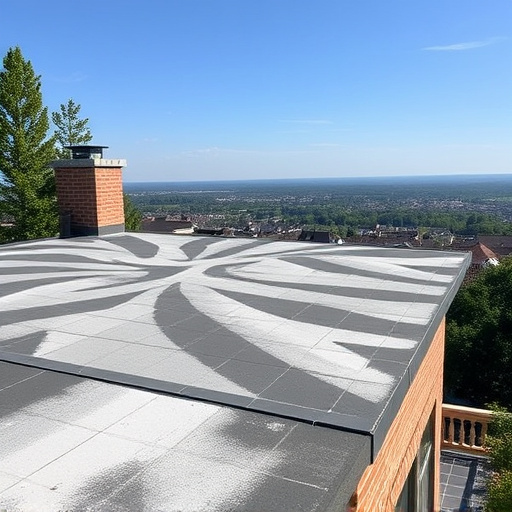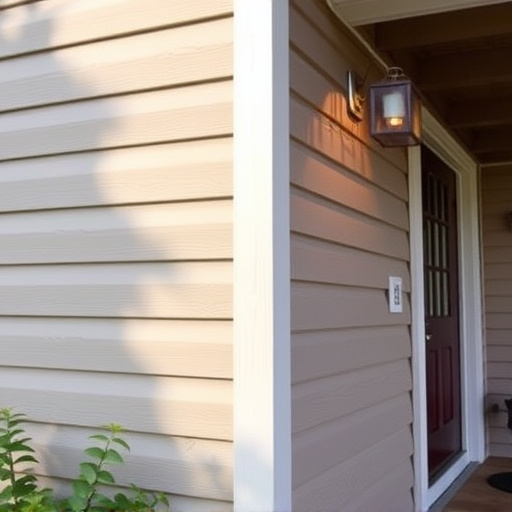A roof contractor must navigate permits and building codes to meet local standards, ensuring safety, quality, and compliance. They study codes, prepare detailed applications, and obtain permits for various construction activities like roofing and siding. Staying informed and working with authorities ensures their work meets best practices, protects client investments, and contributes to community integrity.
A roof contractor plays a pivotal role in ensuring that every new or renovation project adheres to local building codes and secures necessary permits. This article delves into the intricate process these professionals navigate, from grasping the nuances of permits and building regulations to actually obtaining approvals. We explore their strategies for maintaining legality while upholding quality standards, making them essential stakeholders in any construction journey. By understanding how roof contractors handle these issues, property owners can gain valuable insights into smooth project execution.
- Understanding Permits and Building Codes: A Roof Contractor's Perspective
- Navigating the Process: From Application to Approval
- Ensuring Compliance: How Contractors Maintain Legality and Quality Standards
Understanding Permits and Building Codes: A Roof Contractor's Perspective

For a roof contractor, navigating permits and building codes is an integral part of their work. These regulatory measures are in place to ensure safety, quality, and compliance with local standards. A roof contractor must possess a deep understanding of these requirements to avoid delays, penalties, or even structural issues down the line. Permits, often required for construction projects, authorize specific activities, ensuring builders adhere to the necessary regulations, including those related to materials, methods, and safety equipment.
Every municipality has its own set of building codes that dictate the standards for construction, renovation, and repair. Roof contractors must be well-versed in these codes to ensure their work meets the required specifications. This includes knowledge of structural integrity, fire safety, electrical requirements, plumbing connections, and even environmental considerations. In addition to these, a competent roof contractor offers valuable advice on compliance, often suggesting the best practices and solutions that meet both regulatory standards and client expectations, such as efficient siding services or comprehensive roof consulting for home service solutions.
Navigating the Process: From Application to Approval

When a roof contractor takes on a new project, they quickly become familiar with the complex process of navigating permits and code requirements. This crucial step is essential to ensure any construction or renovation work complies with local regulations. The journey begins with a thorough understanding of the building codes and permit types specific to the area. A skilled roof contractor will study these guidelines, ensuring every detail aligns with the project’s scope.
They then assist clients in preparing comprehensive application packages, which often include detailed plans, specifications, and relevant permits for various aspects of the home exterior services, such as roofing, siding, or structural modifications. After submitting these applications to the local authority, the contractor waits for approval, a process that can vary in duration depending on factors like project complexity and regional workload. Once approved, they can obtain the necessary permits, allowing them to commence work on-site, ready to deliver professional roof consulting and ensure the project adheres to all building codes.
Ensuring Compliance: How Contractors Maintain Legality and Quality Standards

Roof contractors are tasked with navigating a complex web of local building codes and permits to ensure their work complies with regulations. This meticulous process is paramount for maintaining legality, safety, and quality standards in the industry. By adhering to these guidelines, roof contractors safeguard their clients’ investments, avoid hefty fines, and contribute to the overall integrity of their communities.
A key aspect of ensuring compliance involves staying informed about the latest building codes and obtaining necessary permits before commencing any roofing or siding installation projects. Roofing services professionals often collaborate with local authorities and building departments to understand specific requirements, thereby preventing potential issues down the line. Moreover, they may consult roof consulting experts to ensure their work aligns with industry best practices and regulations, ultimately delivering superior results for homeowners and businesses alike.
When it comes to handling permit and code issues, a professional roof contractor is well-versed in navigating complex regulations. By understanding local building codes and permits from their perspective, these experts ensure their work complies with legal standards. Through strategic planning, careful documentation, and adherence to best practices, they successfully guide projects through the approval process, balancing quality craftsmanship with regulatory compliance. This expertise not only maintains legality but also guarantees that roofs are safely and effectively installed or repaired, providing lasting protection for any property.














